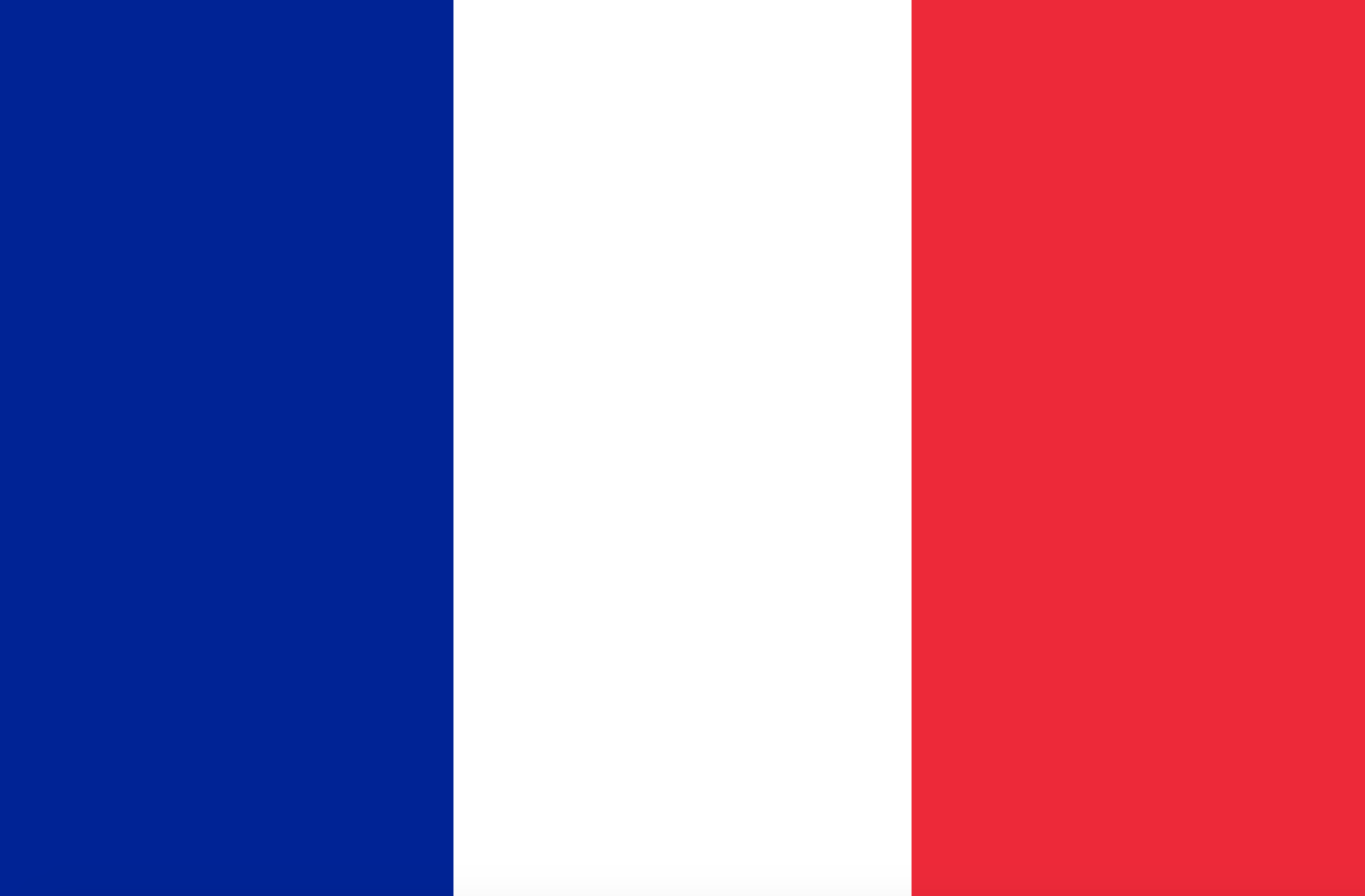La France-des-Cavernes
The only photograph that hangs in my attic office is that of René Char, the poet and World War II Resistance fighter. Trying to find an appropriate expression of solidarity with the French people in the wake of the Paris attacks, it seemed right to look to Feuillets d'Hypnos, the wartime diary Char kept during his years of fighting in the Resistance and then edited and published after the war. The diary consists of short poems, aphorisms, epigrams, and brief accounts of Hypnos' (Char's nom-de-guerre) experiences; I've selected a handful that seemed to say something to this moment.

Published by The Lawfare Institute
in Cooperation With

The only photograph that hangs in my attic office is that of René Char, the poet and World War II Resistance fighter. Trying to find an appropriate expression of solidarity with the French people in the wake of the Paris attacks, it seemed right to look to Feuillets d'Hypnos, the wartime diary Char kept during his years of fighting in the Resistance and then edited and published after the war. The diary consists of short poems, aphorisms, epigrams, and brief accounts of Hypnos' (Char's nom-de-guerre) experiences; I've selected a handful that seemed to say something to this moment. The first two make reference to a running theme in Feuillets d'Hypnos, lamps in the darkness and what they illuminate. The third, number 114, perhaps speaks for itself. The post's title, France-of-the-Caverns, is the heading of the diary's final part.
*
120
Vous tendez une allumette à votre lampe et ce qui s'allumine n'éclaire pas. C'est loin, très loin de vous, que le cercle illuminé. (You hold a match to your lamp and what is lit provides no light. It is far, far away from you that the circle illuminates.)
5
Nous n'appartenons à personne sinon au point d'or de cette lampe inconnue de nous, inaccessible à nous qui tient éveillés le courage et le silence. (We belong to none if not to the golden point of that lamp unknown to us, inaccessible to us, which keeps courage and silence awake.)
114
Je n'écrirai pas de poème d'acquiescement. (I'll not write any poem of acquiescence.)
*
Translation note: The English translation used here is the American poet Cid Corman's rather loose, not very literal version from the early 1970s. There is a new, elegant, and much more accurate translation under the title Hypnos, by Mark Hutchinson, but I've opted for sentimental reasons to use the translation in which I first encountered René Char, after having been put onto his work in high school through a tantalizing reference to him in Albert Camus' essay The Rebel. (I apologize for not including the diacritical marks here; I wanted post this immediately and have not been able to figure out how to get the French keyboard to work on the Lawfare blog editor; I will get some help and go back and correct the post.)

